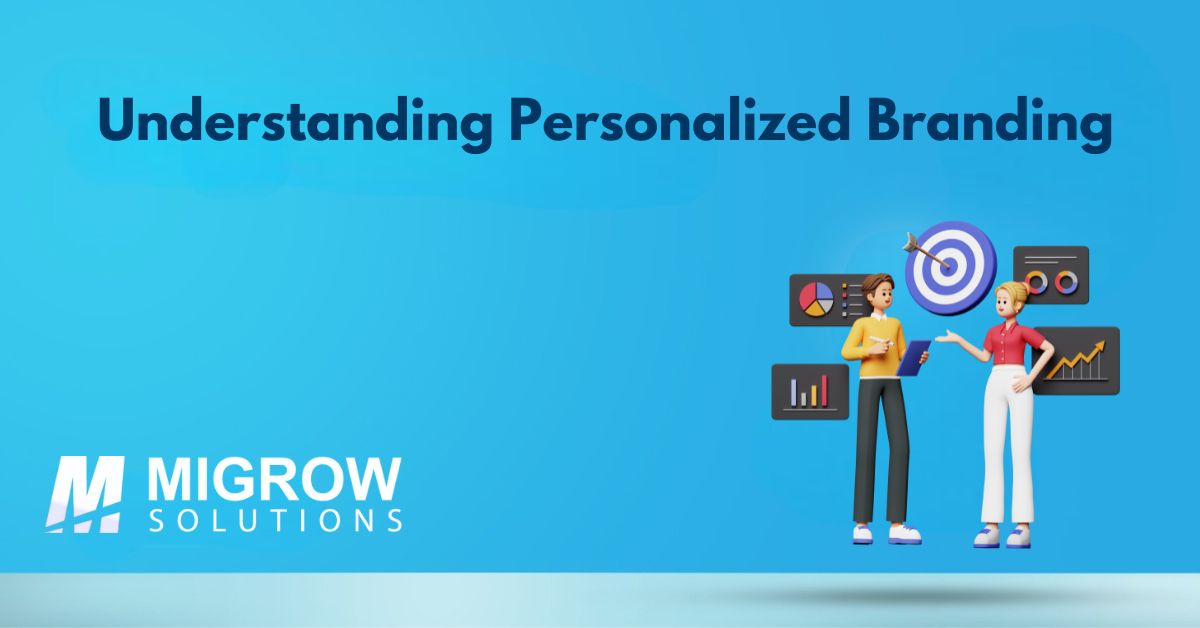
Understanding Personalized Branding
Understanding Personalized Branding
Personalized branding refers to the strategy of creating a unique and tailored brand experience for each customer. This approach leverages data and insights to understand individual customer preferences, behaviors, and needs, allowing businesses to deliver highly relevant and customized interactions. Personalized branding aims to build stronger relationships with customers by making them feel valued and understood, ultimately leading to increased loyalty and engagement.
Key Elements of Personalized Branding
Customer Data Collection
Importance: Collecting data on customer preferences, behaviors, and demographics is crucial for personalized branding. This data can be gathered through various channels such as website interactions, social media, purchase history, and customer feedback.
Methods: Use tools like Google Analytics, CRM systems, and social media insights to gather and analyze customer data.
Segmentation
Importance: Segmenting customers into distinct groups based on their data allows for more targeted marketing efforts.
Methods: Use criteria such as age, gender, location, purchase history, and browsing behavior to create customer segments.
Tailored Content
Importance: Providing content that resonates with individual customer segments enhances their experience with the brand.
Methods: Personalize emails, social media posts, website content, and advertisements based on customer preferences and behaviors.
Customer Journey Mapping
Importance: Understanding the customer journey helps in identifying key touchpoints where personalized interactions can occur.
Methods: Map out the entire customer journey from awareness to post-purchase, and identify opportunities for personalization at each stage.
Dynamic Website Content
Importance: Personalizing website content in real-time based on user behavior and preferences can significantly improve user engagement.
Methods: Implement dynamic content modules on your website that change based on user data, such as recommending products based on past purchases.
Personalized Communication
Importance: Personalizing communication channels, such as email marketing and social media messaging, ensures that customers receive relevant information.
Methods: Use personalized email campaigns, address customers by their names, and tailor messages based on their interests and past interactions.
Loyalty Programs
Importance: Personalized loyalty programs can increase customer retention by offering rewards that are specifically relevant to each customer.
Methods: Customize loyalty rewards and offers based on individual customer preferences and purchase history.
Benefits of Personalized Branding
Enhanced Customer Experience
By tailoring interactions to individual preferences, customers feel more valued and understood, leading to a better overall experience.
Increased Customer Loyalty
Personalized branding fosters a stronger emotional connection with customers, which can lead to increased loyalty and repeat business.
Higher Conversion Rates
Personalized content and offers are more likely to resonate with customers, resulting in higher conversion rates and sales.
Improved Customer Insights
The process of collecting and analyzing customer data for personalization provides valuable insights into customer behavior and preferences.
Competitive Advantage
Brands that effectively implement personalized branding can differentiate themselves from competitors and build a more loyal customer base.
Challenges of Personalized Branding
Data Privacy Concerns
Collecting and using customer data for personalization must be done in compliance with data privacy regulations to avoid legal issues and maintain customer trust.
Resource Intensive
Implementing personalized branding strategies can be resource-intensive, requiring investments in technology, data analysis, and content creation.
Consistency Across Channels
Ensuring a consistent personalized experience across multiple channels can be challenging but is essential for a cohesive brand experience.
Conclusion
Personalized branding is a powerful strategy that leverages customer data to create tailored experiences and communications. By understanding and addressing individual customer needs, businesses can build stronger relationships, increase loyalty, and achieve higher conversion rates. However, it requires careful planning, the right tools, and a commitment to data privacy to be successful.
For businesses in Chennai looking to enhance their digital presence, partnering with an ROI-driven digital marketing agency like Migrow Solution can help implement effective personalized branding strategies. As the best digital marketing agency in Chennai, Migrow Solution offers expertise in data analysis, content creation, and customer engagement to drive business growth.


